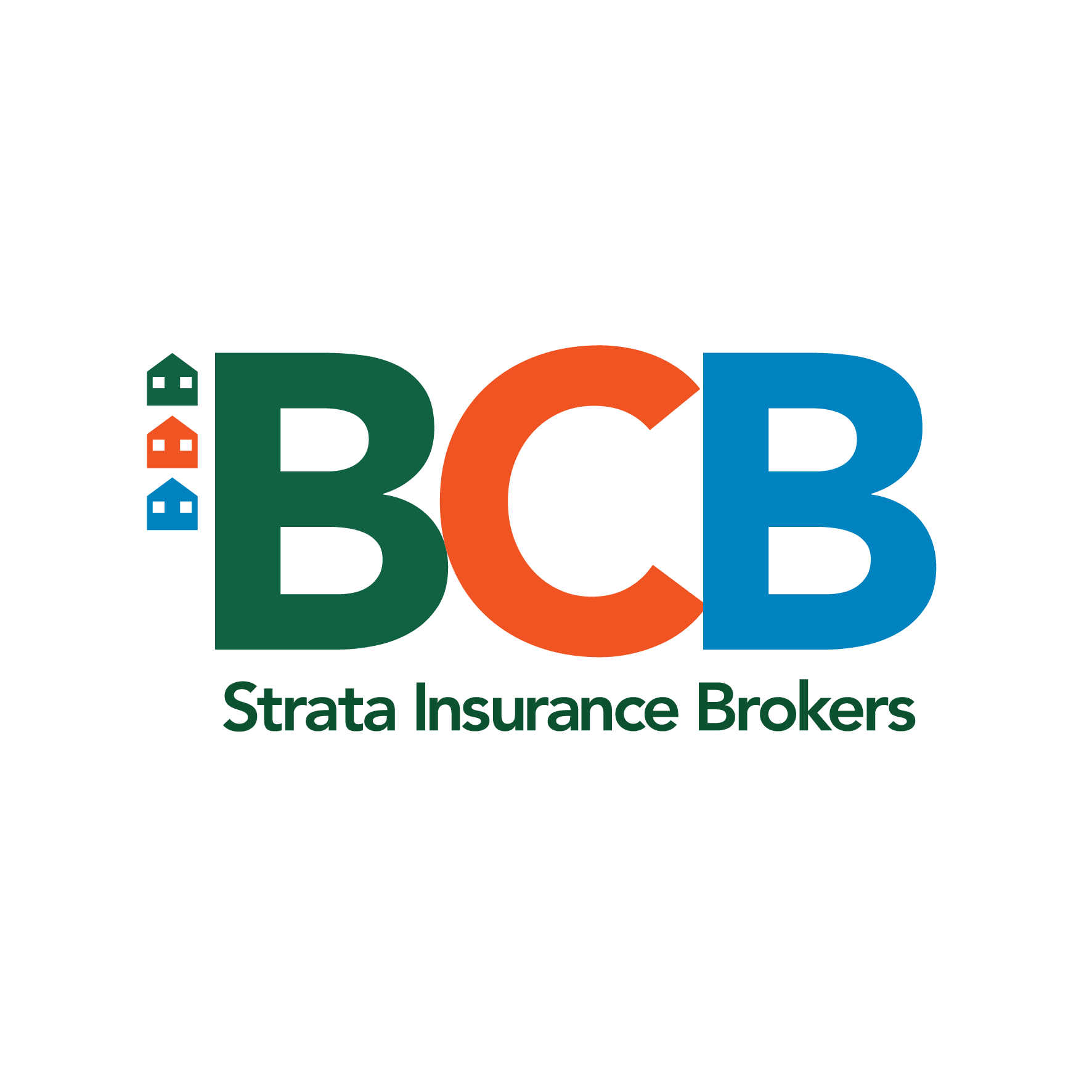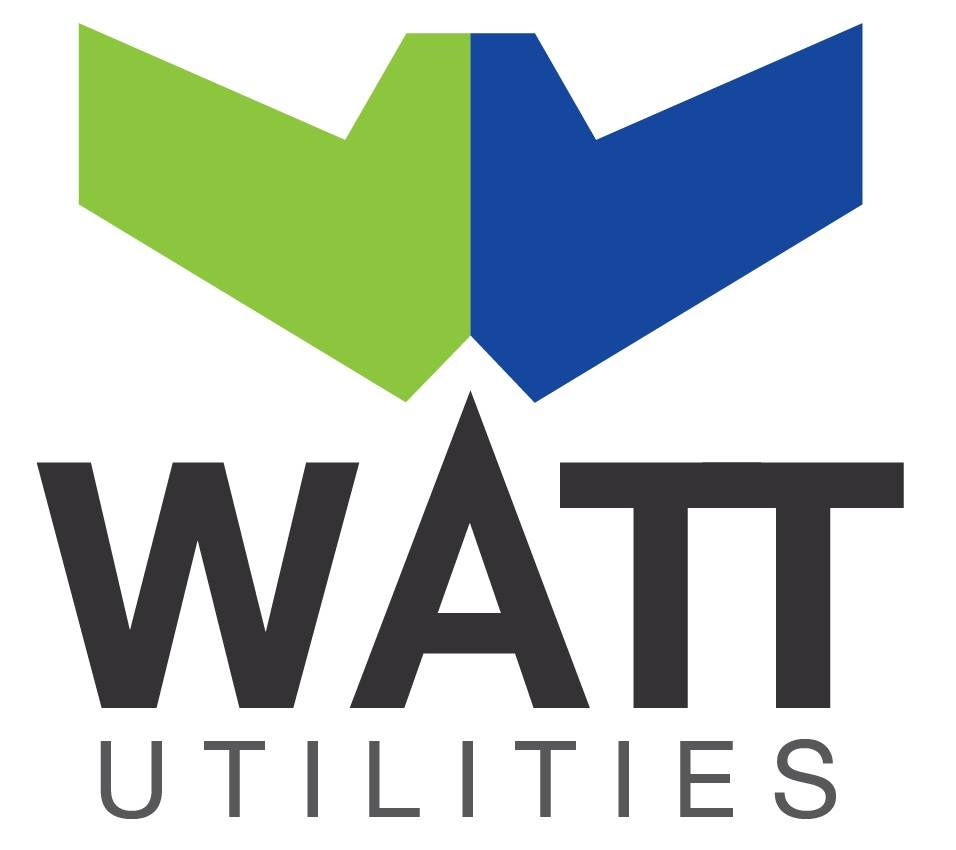COVID-19 has changed many aspects of our life and unfortunately its likely to linger around for the immediate future. Smarter Communities is proud to have led prompt and decisive action to best protect our staff and communities during the onset of COVID. Our teams have firmly proven that even a pandemic cannot dampen our drive to provide the best service to our customers and uphold our corporate values of honesty, quality, curiosity and collaboration.
As always, our priority is to ensure communities we manage continue to run smoothly, especially during turbulent times. Being a national company, we are well resourced and well positioned to guide strata committees through any current and future community issues.
For existing customers, don’t hesitate to contact your Community Manager for assistance or if you are looking to experience better, seamless strata management, click here to Request a Quote or call 1800 519 642 to see how we can help address your community needs.
An essential and unique part of living in strata is the necessity to follow set rules to ensure all residents can enjoy their home and live safely and harmoniously together.
Some rules are set out in legislation with the Model Rules set out in the Owners Corporations Regulations 2007.
An Owners Corporation may adopt rules, either replacing or in addition to the Model Rules. The rules made usually address particular matters relevant to the Owners Corporation to assist in harmonious living.
Each individual strata scheme can decide on and enforce its own set of rules to suit the way its owners want to live together. It’s important to understand your responsibilities and obligations.
VBCS can advise your Owners Corporation how additional rules can be changed, or new ones created, to meet the needs of all owners.
Pets, parking, noise, renovations, behaviour of residents, use of common property, and smoking are common areas for rules to be made in strata schemes.
Rules can vary significantly from scheme to scheme. It’s important you know and understand which topics apply to your scheme and you must abide by these rules.
Some rules, such as pets and renovations, may require permission from the Committee.
BEFORE you do anything, check the rules first, follow procedure and seek permissions.
These rules are in place to protect all residents and to promote a harmonious environment and community.
An owners corporation manager is a person or corporation who is appointed pursuant to the relevant body corporate legislation with the power to perform certain duties and functions of the body corporate and the committee as are delegated to it in an agreement.
The primary responsibilities delegated to an owners corporation manager are the duties of the secretary and treasurer.
These include:-
The owners corporation, however has the right to delegate only a proportion of these duties or to extend them – within the confines of requirements of the Act.
Even though an owners corporation manager has been appointed, this does not preclude the owners corporation or its committee from exercising any of the powers which have been delegated to the manager – in fact the powers of the owners corporation and manager run concurrently. A prudent owners corporation manager does not usurp or override the decisions of a committee.
An owners corporation manager is usually appointed at a general meeting but may be appointed by the committee. Delegations are required to be made at a general meeting of the owners corporation.
An owners corporation manager assists the committee in making decisions.
The administration and management of the strata scheme may be performed on behalf of all lot owners by a Committee.
The Committee is a group of owners elected at each Annual General Meeting (AGM) who can make many of the day-to-day decisions about running the scheme on behalf of the Owners Corporation including the control, maintenance and repair of common property.
An Owners Corporation of 13 lots or more must elect a Committee at every AGM. Owners Corporations with less than 13 lots may elect a Committee if they choose to do so, but it is not mandatory.
If your Owners Corporation does not have a Committee, the lot owners must elect a chairperson of the Owners Corporation.
The Committee has the responsibility of making decisions on behalf of all owners such as the maintenance of common property,
enforcing the rules, and must manage the Owners Corporation finances to ensure there are sufficient funds available to maintain your building now and into the future.
Election of the Committee
The Committee must have a minimum of three and maximum of 12 members. You can nominate for the Committee if you are a lot owner or hold a proxy for a lot owner with the owner’s consent.
Once elected, a committee holds office until a new committee is elected, usually at the next AGM.
Committee members elect the office bearer positions of Chair (Chairperson) and Secretary who then fill the positions of Chair and Secretary of the Owners Corporation.
It is you, the owner, who votes for the Committee.
As a lot owner you must financially contribute towards the running costs associated with your building and common property.
These contributions are called levies and they are payable to your strata scheme.
Levy notices are commonly distributed to each owner four times a year to meet the financial obligations of the Owners Corporation. Some Owners Corporations have half yearly or yearly levies. Payment options are detailed on the levy notice.
As part of VBCS’s management agreement we will send levy notices to owners on behalf of the Owners Corporation.
It is important to pay your levies on time, every time. Penalty interest is usually applied to late payments. It is your scheme who receives these funds.
Once levies have been collected from all owners, they are typically divided into two funds; an Administration fund and a Maintenance fund (if applicable).
The Administration fund is used for regular payments including council expenses, insurance, management fees and payments to service contractors, cleaning, general maintenance and utilities such as power and water.
The Maintenance fund is not obligatory for all Owners Corporations. Prescribed Owners Corporations (more than 100 lots or budget of $200,000) must arrange a Maintenance Plan to be prepared.
If the plan is approved, a Maintenance Fund designed to meet the identified expenses is required. It is essentially a separate savings account for the Owners Corporation intended to meet future non-recurring maintenance expenses and capital items identified in the Maintenance Plan.
By having a Maintenance Plan, or some form of capital works fund, an Owners Corporation may be able to spread the cost of capital works over time, avoiding the need for special levies at the time of undertaking the works. It makes good management and smart financial sense.
The Owners Corporation is responsible for the overall management of the strata scheme. This includes financial management, arranging insurance, conforming to strata law and additional rules, record keeping, ongoing maintenance and managing repairs of common property.
As a lot owner, and part of the Owners Corporation, you also share the ownership and responsibilities of common property with other owners in the scheme.
The Owners Corporation should hold regular meetings to discuss the scheme’s management and decide on a course of action to manage tasks required.
To enable quicker and more precise decision making in your strata scheme, every year you can nominate yourself, or vote for candidates, to form the Committee at the Annual General Meeting (AGM), who will in turn represent all owners.
It is in your best interest to attend these meetings, especially the Annual General Meeting. You have a right to participate in the decision making of your scheme and influence how your community functions.
Common property is all the areas of land and building not included in any lot. This can include external walls, windows, roof, driveways, foyers, fences, gardens and facilities such as a pool or gymnasium.
It is jointly owned by all owners and the Owners Corporation is responsible for its management.
As an owner, you have responsibilities. Not only do you own your own individual lot, but you share ownership and responsibility of common property with the other owners as well.
Every Owners Corporation is legally required to manage and maintain shared property and services. This includes ensuring the strata scheme is compliant with strata law and regulations.
This takes time, skill and an understanding of the complex legislation. That’s why most Owners Corporations choose to engage the services of a professional strata manager.
Like VBCS.
When contracted to a strata scheme by the Owners Corporation, VBCS is delegated the responsibility of managing the day-to-day affairs of the scheme on behalf of the Committee.
Tasks will vary according to the management agreement, but broadly cover:
• Conducting the Annual General Meeting
• Financial management
• Technical services
• Administrative duties
There is so much more to managing your scheme, including tasks we perform behind the scenes, but you will experience the difference VBCS professional management makes.
Larger Owners Corporations often choose to engage the services of a Building Manager to oversee the onsite maintenance of the building. They typically live or have an office onsite.
The Building Manager is responsible for maintaining the building, common property and shared services such as heating, air conditioning, ventilation, waste disposal, lifts, garages and utilities.
The Building Manager also oversees or undertakes onsite works and arranges for any permissions or access requirements for contractors.
Think of it like this: Strata Community Managers look after the business side of strata, while Building Managers look after the building. We all work together to ensure your building is well maintained and cared for.
We are here to help





